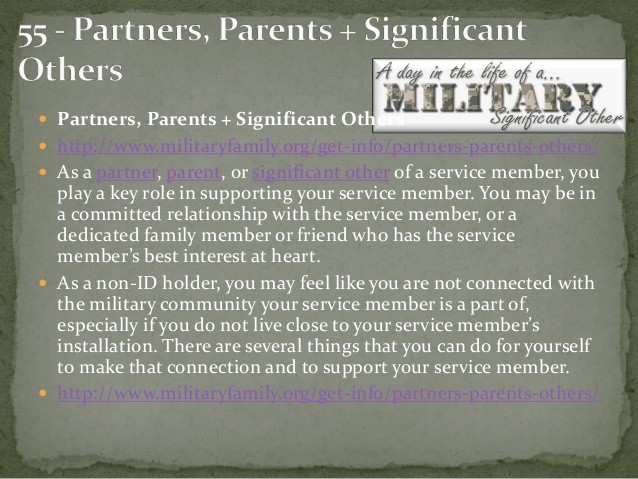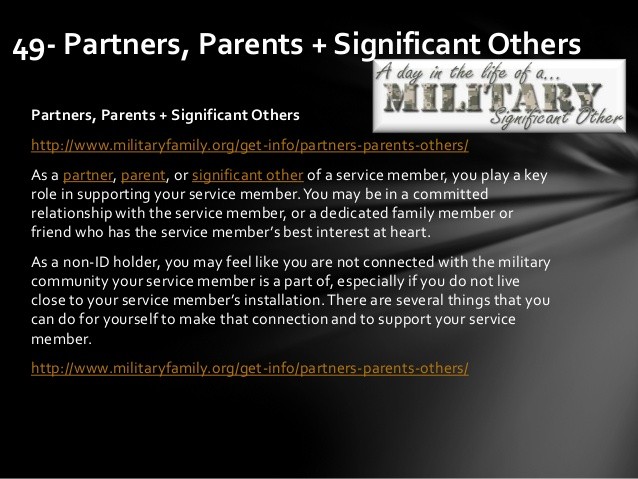Financial Basics How to Save and Invest Your Disability Benefits A Guide for Warriors in
Post on: 14 Апрель, 2015 No Comment

www.workforcesecurity.doleta.gov
(866) 4-USA-DOL (866-487-2365)
Benefits vs. Windfall
Your benefits may feel like a windfall at first. But understand that they’re meant to compensate you for your service-connected injuries and help guard against the potential loss of future earning power. If you’re the one who’s injured, you might not be able to take on a job that pays what you would like. If you’re the spouse of someone who’s injured, you may have to cut back your work, or even leave your job, to care for your loved one. You should realize that you’ll need to rely on these benefits and use them carefully.
Benefits can come in a lump-sum payment or in monthly payments. If it’s a lump sum, don’t buy that fancy car yet. Take a few months or even a year to decide how to use it wisely. In the meantime, be sure to put your money in a safe place, such as an interest-bearing savings account, until you decide what to do with it.
With monthly payments, think about whether you could save and invest part of the payments for future goals or expenses. You may be surprised how much those monthly payments can grow due to the power of compound interest. Of course, compound interest can also do wonders for lump sum payments that are invested wisely.
Steps to Smart Money Management
Step back and take a deep breath. Take some time to think. Resist the urge to splurge on a car, wide-screen TV or other expensive items or gifts
- Take stock of your financial situation. Gather your personal and financial documents together so that you can assess what you have, what you owe, what benefits you will receive, and when any of the benefits will end. Be sure to include discharge papers, personnel and medical records, compensation and entitlement packages for you and your spouse, and statements from your financial institutions (including banks, credit unions, credit card companies, other lenders, brokerage firms or mutual funds).
When you are ready to invest, get some unbiased guidance from your installation’s PFM on approaches to investing and the elements of risk versus return that might affect your investment decisions. Then, you can begin to look at investing on your own or by using the services of an outside investment professional, such as a broker, investment adviser, accountant, insurance agent or financial planner. You can ask family, friends and colleagues for recommendations about these professionals. Try to get several names and, if possible, meet with them face-to-face before engaging them. Be sure to ask lots of questions, including:

Always do a background check if youre considering an investment professional.
A legitimate investment professional must be properly licensed. Heres how to make sure they are:
- For a broker or investment adviser, use FINRA BrokerCheck or call toll-free: (800) 289-9999.
Wrapping It All Up
Your new benefits may feel like a windfall, but think of your needs before you splurge. When you receive benefits, remember to:
- take your time;
- take stock of your financial situation;
- build a budget or spending plan;
- seek help if you need it; and
- beware of predators with deals and schemes that promise too muchthese are likely to be frauds and scams.
Ask plenty of questions, and don’t feel intimidated. Make sure you understand the answers to the questions you have asked. Remember, your benefits are at stake.
More help on planning your finances and investing is available.














